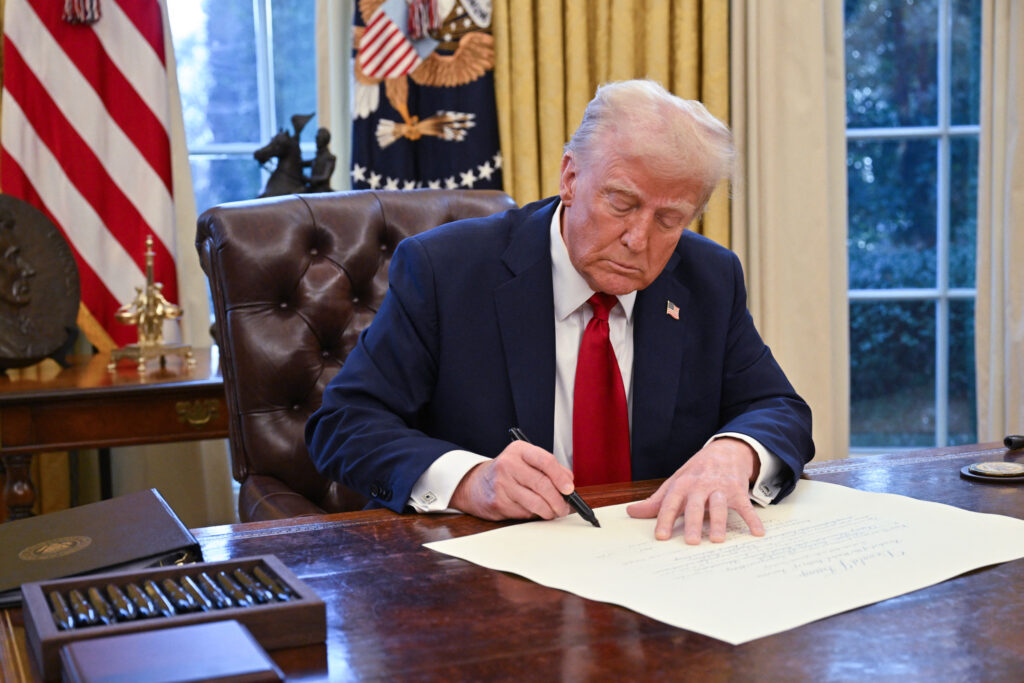
Overview of the Tariff Decision
In a significant move impacting international trade, President Donald Trump has announced a one-month delay in the implementation of a proposed 25% tariff on most imports from Mexico. This decision follows extensive discussions with Mexican President Claudia Sheinbaum, signaling a diplomatic effort to address economic tensions between the two neighboring countries.
Background on the U.S.-Mexico Trade Relationship
Mexico is one of the United States’ largest trading partners, supplying a wide range of goods, including automobiles, agricultural products, and electronics. The imposition of high tariffs could have profound consequences on industries that rely on cross-border supply chains. In response to these concerns, business leaders, economists, and policymakers have urged both nations to seek diplomatic solutions rather than escalating trade restrictions.
Reasons Behind the Tariff Delay
- Ongoing Negotiations: The Trump administration is engaged in diplomatic talks with Mexican officials to explore alternative measures that address trade imbalances and security concerns without resorting to tariffs.
- Economic Stability Concerns: Imposing a 25% tariff could significantly impact U.S. businesses and consumers, leading to higher costs for goods imported from Mexico.
- Political Considerations: With the 2025 U.S. presidential election approaching, economic stability remains a crucial issue for the administration. A hasty tariff imposition could lead to backlash from industries that depend on Mexican imports.
- Pressure from U.S. Businesses: Several major corporations have lobbied against the tariffs, warning that price hikes could hurt American consumers and disrupt operations.
Potential Impact of Tariff Implementation
If the tariffs were to be enforced after the one-month delay, the effects could be widespread:
- Higher Consumer Prices: The cost of essential goods, such as cars, electronics, and produce, could rise due to increased import expenses.
- Strained Diplomatic Relations: Mexico could retaliate with counter-tariffs on U.S. exports, affecting American farmers and manufacturers.
- Supply Chain Disruptions: Companies with production lines spanning both countries might face operational delays and increased costs.
- Stock Market Volatility: Investor confidence may waver as uncertainties surrounding trade policies continue to loom.
Mexico’s Response and Next Steps
President Claudia Sheinbaum has emphasized Mexico’s commitment to resolving trade disputes through diplomatic channels. Mexican officials have proposed alternative solutions, including trade policy adjustments and investment agreements, to address concerns raised by the Trump administration. Further negotiations are expected in the coming weeks to determine a long-term resolution.
Conclusion
The decision to delay the 25% tariffs reflects a pragmatic approach to international trade diplomacy. While tensions between the U.S. and Mexico remain, the delay allows for further negotiations that could prevent economic disruptions. As discussions continue, businesses, policymakers, and consumers alike will be closely watching the outcome of these trade talks and their potential impact on the global economy.
Stay tuned for more updates on this developing story and its implications for U.S.-Mexico trade relations.
